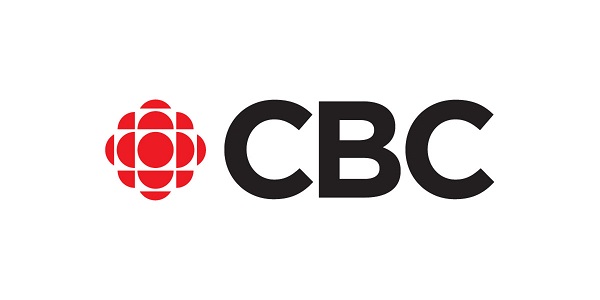
“French to follow”
By Denis Carmel
GATINEAU – This what you could read in an indignant tweet from the Fédération culturelle canadienne-française (FCCF) when the group saw the CBC had filed its final reply to the CRTC in English only. And they added facetiously that they will stop “following” the public broadcaster.
This is the culmination of CBC’s licences renewal process that lasted way too long, but we should have a decision before the end of the licence extension, on August 31, 2021. The initial renewal application by the CBC was filed with the CRTC on August 23, 2019.
That tweet illustrates how at times the tone has been acrimonious between the Corporation and some of who should be its natural allies.
Another example of that climate is a footnote, in its final reply to the CRTC, on March 17 where the CBC wrote: “In its Final Submission, Public Interest Advocacy Centre (PIAC) attacked our 3 February 2021 filing using terms like ‘egregious’, ‘quite shocking’, ‘abusive’, ‘subterfuge’, ‘unfair’, ‘rogue’, ‘stealthy’ and ‘gambit’. In a similar vein, Friends of Public Broadcasting (Friends) described our 3 February 2021 submission as ‘outrageous’. These terms are offensive and unbecoming of PIAC and Friends.”
A CBC spokesperson wrote to Cartt.ca to explain the English-only filing. “As requested, we submitted our final reply to the CRTC last Wednesday, March 17. As you know, further to the CRTC’s rules of procedure, documents can be filed with the Commission in either official language. The submission was filed in English, with the French to come.
“All intervenors received a copy of our submission, together with a covering email in both official languages informing them that we were filing the final reply and that a French-language version would be made available shortly,” he added.
Marie-Christine Morin, executive director of the FCCF had another point of view: “Last week, at the end of its licence renewal process, CBC/Radio-Canada submitted its final comments in an English-only document. Given that the hearings brought to light so many sensitivities about the lack of representation of Francophone communities on the air of the only national French-language broadcaster, it would have been appropriate to spare any sensitivities and to submit, as required by law, a response to the final submissions in both official languages. A unilingual English response is not only incomprehensible, it is unacceptable,” she said.
“On several occasions in recent months, recognizing the fragility of the French fact in North America, the federal government has expressed its desire to promote and protect the French language. This is excellent news for our communities and a strong signal that CBC/Radio-Canada must now hear in order to assume its responsibilities and represent the Canadian and Acadian Francophonie in all its diversity in its programming,” she added.
The FCCF kept up the pressure on Twitter as it awaited the French final reply, tagging former Heritage Minister and current Minister of Economic Development and Official Languages, Melanie Joly.
That said, CBC did the same thing when it filed undertakings on February 3rd, with no backlash.
The reply itself shows a CBC strongly committed to its application. “To be clear: we filed a set of ideas at the 40,000-foot level regarding a ‘wider’ bridge to the future, not an alternative proposal. And we did so in response to requests from the Commission. Consequently, we are disappointed to see the comments of some intervenors who suggest that CBC/Radio-Canada acted in an inappropriate manner by filing these ideas with the Commission. We did not. As noted above, our initial proposal, as expressly modified, remains our regulatory proposal for this licence renewal proceeding,” it reads.
“The Corporation files annual OLMC perception surveys with the CRTC which demonstrate a high level of satisfaction in Radio-Canada’s programming by francophones outside Quebec. CBC/Radio-Canada over samples francophones living outside of Quebec in our OLMC perception survey to allow us to better report on the perceptions of francophones living in minority markets,” it continues. “Overall, we submit that the FCFA’s arguments that CBC/Radio-Canada’s perception surveys are somehow flawed and do not accurately reflect the views of francophone OLMC residents are simply incorrect.”
The associations asked the details of those surveys to be made public, which the Corporation denied.
“This has been a long and challenging licence renewal process due to several factors, including a global pandemic which has caused the entire world to find new ways of doing things,” concluded the CBC.
Licence terms are normally five or seven years – and normally end up lasting somewhat longer historically, since neither the Corporation nor the Commission enjoys the process.
The record is officially closed and the CRTC published a letter on the same day, March 17, denying a procedural request by Québecor to add a more recent survey it commissioned by Leger to the public record.
The procedural request from the FCCF and the FCFA, however, has not yet been answered by the CRTC.


